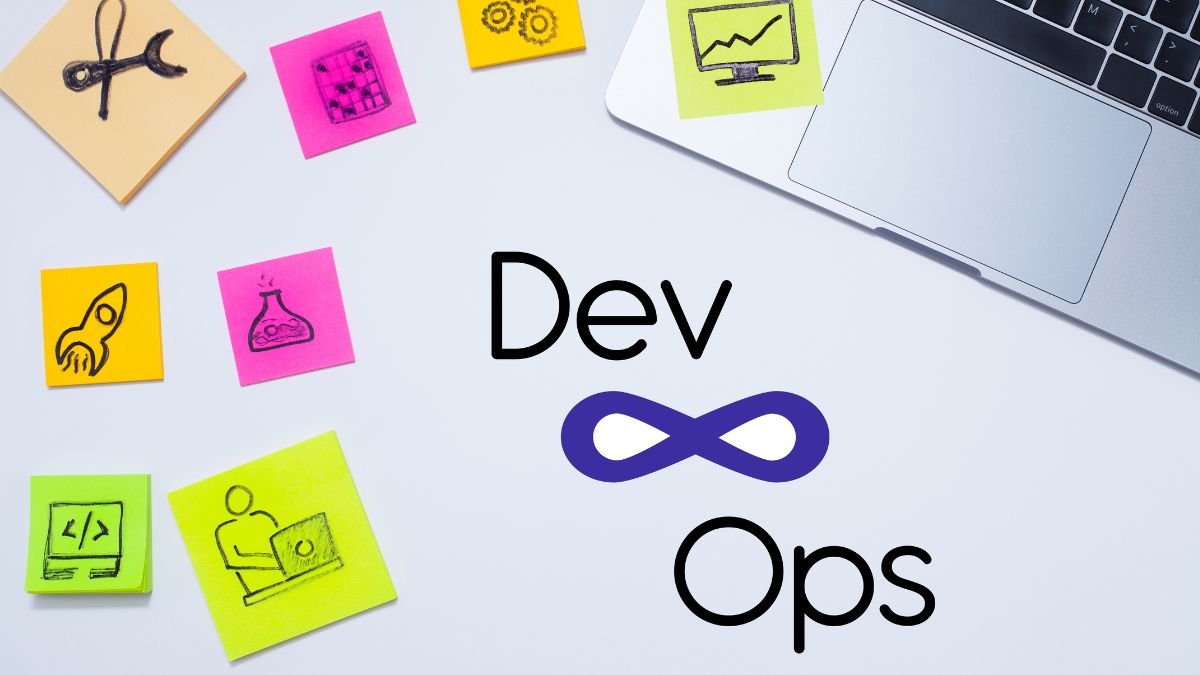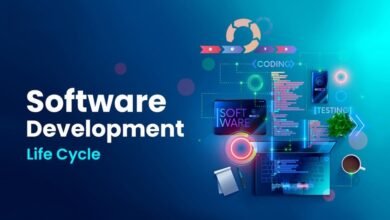
The 8 Most In-Demand DevOps Engineer Skills
A DevOps engineer role is to oversee an organization’s software development and delivery processes. They ensure software changes are done in a coordinated and controlled manner. A DevOps engineer must have certain skills to succeed in this role.
DevOps Engineers Need Technical Skills
A DevOps engineer must have strong technical skills. It include a good understanding of the following:
- Linux Fundamentals/Coding & Scripting Skills. DevOps engineers must be familiar with Linux to manage and set up servers. They are often required to automate tasks and able to code and script.
- Automation skills. Automating tasks is an essential part of DevOps. DevOps engineers must be able to automate them using tools like Chef, Puppet, and Ansible.
- Cloud skills. DevOps engineers must have good cloud skills to manage and set up cloud-based infrastructure. Many organizations are moving to the cloud. It includes knowledge of AWS, Azure, Google Cloud Platform, and Google Cloud Platform.
- Security skills. DevOps engineers must have security skills.
- Testing skills. DevOps requires that testing be done to make sure code changes are not problematic. The engineers require to use automated testing tools like Selenium or Jenkins.
- Technical support and maintenance skills. DevOps engineers must be able to provide technical support and maintain systems. It includes the ability to diagnose and solve problems when they occur.
Collaboration And Communication Skills
DevOps engineers need strong technical skills and good communication and collaboration skills. Engineers work in multiple teams, so they must communicate well with many stakeholders.
They must be able to build relationships, resolve conflicts, and ensure everyone is on the same page. The DevOps engineer must have soft and hard skills to excel in their field.
Understanding of different DevOps tools, technologies
- Source code management. SCM tools can use to manage source code. They ensure the code is kept in a central repository and that any changes can be tracked easily.
- Configuration management. These tools allow you to manage settings for an application. They ensure that software is installed correctly and configurations are consistent between environments.
- Continuous integration. Continuous integration tools allow you to create and automatically test code changes. Its purpose is to ensure that code changes are easily integrated into the main source code base without causing any problems.
- Continuous tests. Continuous testing tools can used to automatically test code changes to ensure they comply with your requirements and do not cause any problems.
- Continuous monitoring. Monitoring tools are continuously monitor applications and systems. It is use to detect problems and prevent them from becoming serious.
- Containerization. Containerization is packaging an application in a way that makes it easy to deploy. It is a technical skill that DevOps engineers must have. It is accomplished to use containers like Docker.
Monitor Proactively
Proactive monitoring, as the name implies, is about proactive action and taking preventative steps to avoid problems from ever happening. Reactive monitoring is a way to monitor systems for signs of trouble. Proactive monitoring employs predictive analytics to detect potential problems before occurring.
It is monitoring is a way to avoid disruptions and outages. Proactive monitoring is essential for DevOps engineers as it can prevent problems from ever happening.
Version And Configuration Management
One of your main responsibilities as a DevOps Engineer is to track all code changes and make it easy to revert if an issue occurs. You will need strong release and configuration management skills to do this effectively.
Configuration management refers to managing environment variables, configuration files, and other configuration files to ensure that developers use the same set and there are no inconsistencies among environments.
Version management refers to keeping track of and comparing different code versions or configurations. It helps you identify the problem version and allows you to roll back to the previous one.
Customer-Centric Approach
DevOps engineers must always focus on the customer and what they need. They must listen to their customers and learn what they need. The engineer also require to explain all things to the customer.
DevOps engineers need to be able to work under pressure and deal with difficult situations. They must think quickly and make the right decisions for the client’s best interests. The DevOps engineer skill sets include building relationships with customers. It will help to win their trust and keep them satisfied. A numbers of part time & online work from home jobs opportunities increase in the IT sector for a devops engineer.
DevOps Engineer Soft Skills
DevOps engineers collaborate with other people to solve conflicts and create bridges between departments. They can think critically and solve problems efficiently and quickly. They are an integral part of any team that succeeds.
The soft skills and positive thinking of DevOps Engineers help to create a better work environment. A sense of unity and higher morale are created when everyone works together towards a common goal. This results in increased productivity and benefits for everyone.
DevOps engineers often need to solve complex problems and debug them. It is important to have problem-solving skills. Devops Jobs help to monitor production environments and measure their performance.




